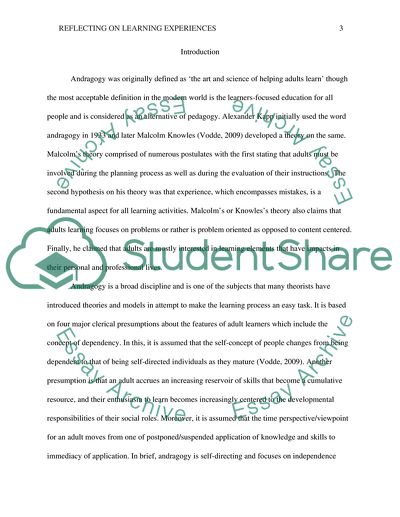Cite this document
(“Signature Assignment: Reflecting on Learning Experiences Essay”, n.d.)
Signature Assignment: Reflecting on Learning Experiences Essay. Retrieved from https://studentshare.org/education/1646237-signature-assignment-reflecting-on-learning-experiences
Signature Assignment: Reflecting on Learning Experiences Essay. Retrieved from https://studentshare.org/education/1646237-signature-assignment-reflecting-on-learning-experiences
(Signature Assignment: Reflecting on Learning Experiences Essay)
Signature Assignment: Reflecting on Learning Experiences Essay. https://studentshare.org/education/1646237-signature-assignment-reflecting-on-learning-experiences.
Signature Assignment: Reflecting on Learning Experiences Essay. https://studentshare.org/education/1646237-signature-assignment-reflecting-on-learning-experiences.
“Signature Assignment: Reflecting on Learning Experiences Essay”, n.d. https://studentshare.org/education/1646237-signature-assignment-reflecting-on-learning-experiences.


